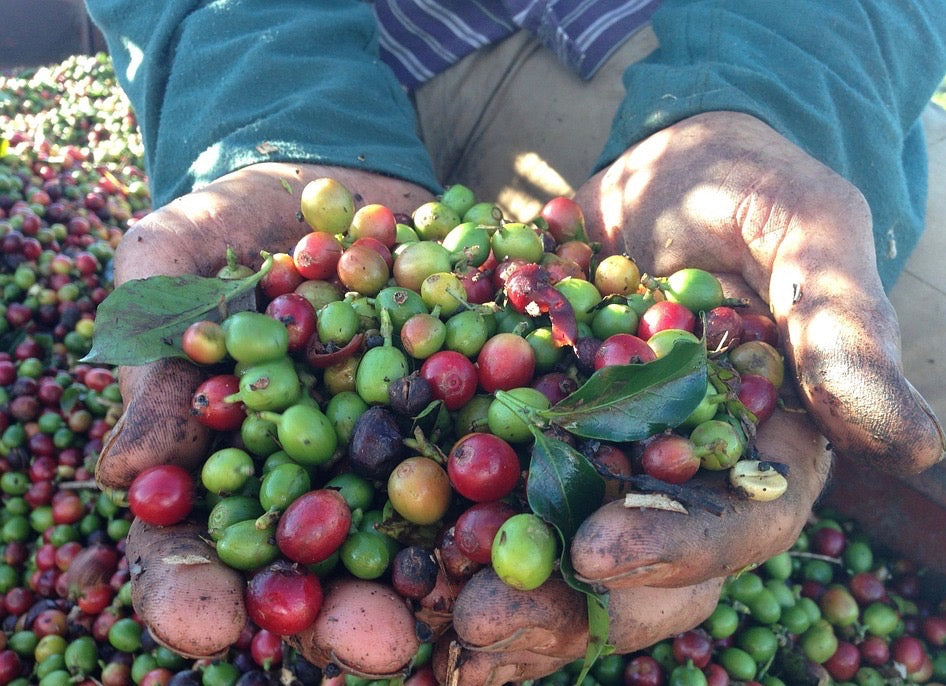There are a lot of labels used in coffee, most are worthwhile, some, perhaps not. How do you as a consumer best support the farmers and the environment with your coffee choices? Be informed.
Each type of certification costs money. Farmers will purchase certifications in the hopes of earning higher prices for their crops. Typically, this cost is transferred at some point to the consumer; be prepared to spend a few more cents per cup on certified coffee.
What type of certification is important? That depends on your perspective. Think of shopping at a farmer’s market. Some farmers are certified organic. That means they have paid their money (about $1300/year), passed their inspections, and use only allowed substances on their crops. They may (or may not) increase the price of their products at the market (to make up for their certification fee). Other farmers are “uncertified” organic. That means they farm organically, but no one is inspecting them. You just have to trust them. Do they look trustworthy? (Look at their fingernails – organic farmers will have orange stains during potato bug season.)
When purchasing beans, I look for organic certification – those grown using only allowed substances. This just makes sense, for everything; the farmer, the soil, the water, the plant. If beans or blends aren’t certified organic, I look at the seller. I’ve purchased from one importer for over 8 years. I trust them. When they tell me the beans are uncertified organic (in many cases the farmers can’t afford pesticides, they farm organically by default. Unfortunately, they also can’t afford the organic certification) I believe them.
Rainforest Alliance, bird-friendly, shade-grown are self-explanatory, and again are purchased certification. Decide if these certifications are worthwhile to you, and be prepared to pay for them. The farmer already has.
And the big label many look for – FairTrade (also FLO – Fairtrade Labelling Organization). Growers are guaranteed a set price (price floor) per pound. In order to receive this price, growers must pay to be certified, join a democratically managed cooperative, agree to standards for chemical and pesticide fertilizer and pay fair wages to coffee labourers. Sounds great in theory. Reality tells a different story. Do your own research and make your own decisions. A good place to start: http://www.huffingtonpost.com/bruce-wydick/10-reasons-fair-trade-coffee-doesnt-work_b_5651663.html
Arguably, as a roaster, I’m purchasing more green beans than the average person. To be as socially conscious as possible, I look for organic, I look for an importer I trust, and I look for ways I can give back to the growers, beyond buying their beans. This is one of the main reasons I’m delighted to form a partnership with importers from Myanmar. 10% of their sales returns to their farming cooperative, supporting initiatives such as clean water, improved and diversified farming practises, education and medicine.
